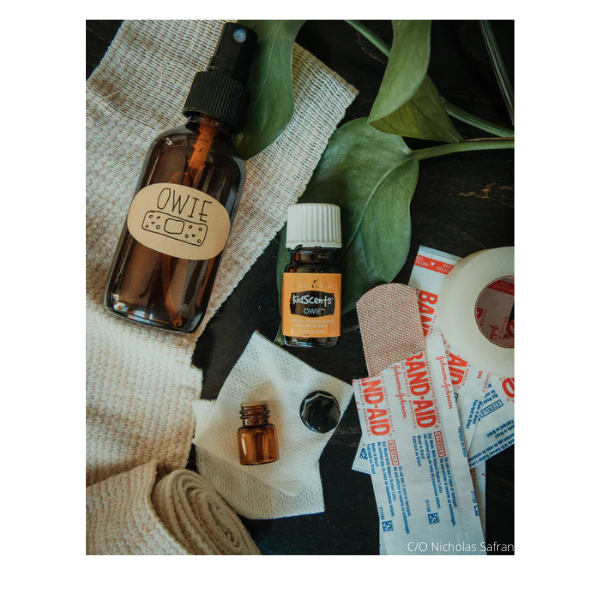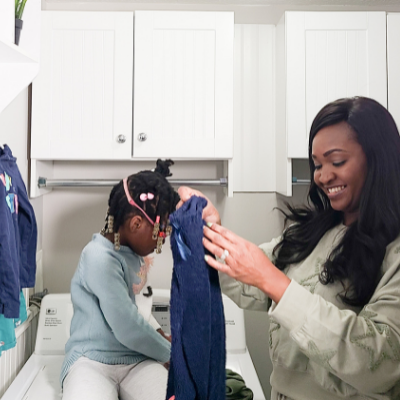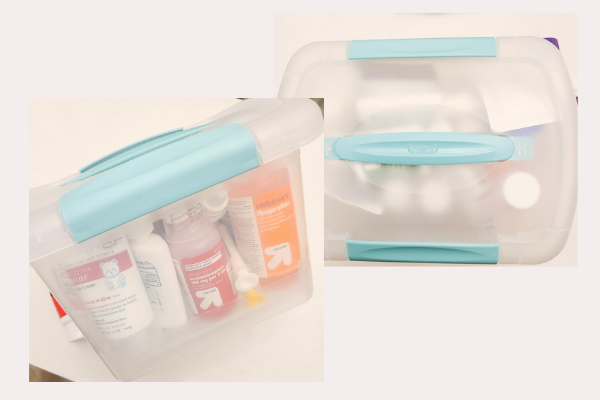Medicine Checklist
for kids
(for Fall/ Winter Season)
drnkeiru.com

When was the last time you checked your medication/ health supplies cabinet? Now is the time to do that, If you haven’t
(You can scroll straight down to checklist or read more details)
I usually check mine on Labor day (1st week of September).
Many people consider Labor day the ‘unofficial end of summer’ even though it isn’t.
Most children start returning back to school and with back to schools, the spread of viruses and viral illnesses start to pick up as kids mingle with other kids. Even though back to school is different this year, still likely to be some spread of viruses.
I chose the Labor day holiday to make it easier for me to remember every year. I go through and update my medication checklist.
Here’s why I check:
- Get rid of all my expired medications:
- If my kids didn’t get any summer injuries, they likely didn’t need any pain meds. That means I may have some expired meds.
Mom truth: I had expired fever medications and realized it after I gave my daughter a dose and she didn’t feel better. Luckily according to poison control, many drugs are probably effective after that date, but are not tested to be sure, so discard them immediately.
2. Summer injuries versus Fall/Winter viruses
- When the weather changes, the prevalent illness or injury in ours kids change too. We may have needed more bandages, ice and ointment for the summer but now we need something to help with the recurrent colds we are about to set in.
3. Refill medication:
- As an ED Pediatrician, I already know we get busier in the winter; and that means my daughter’s pediatrician’s office will be too. But checking my medication kit, helps me request for refills early so I don’t run out or have any flare ups requiring emergent requests
4. Adjust medications by weight
- I think my kids grow the most in summer (maybe yours do too). So I get their Pediatrician to adjust their meds by age. This is definitely recommended for all kids but especially kids with daily medications
 Welcome to Drnkeiru.com
Welcome to Drnkeiru.com
As a pediatrician and mother, I find joy in bringing you great & helpful info on medicine, motherhood and motivation.
You don’t necessarily need to get rid of your summer home health kit, you just need to recheck and update it. What you will stock up will depend on the ages of your children and any other medical conditions they have.
Here’s a list of mine and an added list of recommendations I’ve made based on my experience in the emergency room:
You can scroll straight down to checklist or read more details
(Remember that this is for education only. Ask your doctor if this list is ideal for your child)

Fever and pain control
Tylenol and Ibuprofen
Every home needs to have one or both of these.
Most people, including kids get sicker and spike fevers at night. This is because our immune system which gets activated to help fight infection follows a circadian rhythm; that means it tends to fight more at night and hence manifests as fever and looking sicker. Unfortunately, most stores are closed too so if you had no meds, you are likely to end up in the ED.
The dose your child should take is based on WEIGHT and NOT age. So remember to confirm from your pediatrician what the optimal dose for your child will be.
Remember NOT to use Ibuprofen if your child is less than 6 months old

Cough and Cold Meds
There’s almost no fall. winter without cold and cough.
Ever feel like your kid can’t stop sniffing or coughing or you have made multiple visits to the clinic ir emergency?. You are not alone
The average toddler gets about 10-12 colds in a year and this number slowly decreases as they get older with teens about 5-7 per year
Don’t go on a shopping spree.
Cough and cold medications are not recommended for children and should only be used
Most of the time, all you need is reassurance, time and some of these soothing therapies below (see checklist)
Honey (with dosing ideas)
- Do not give honey to babies under one year—it is not safe.
- For children ages 1 to 5 years: Try half a teaspoon of honey.
- For children ages 6 to 11: Try one teaspoon of honey.
- For children 12 or older: Try two teaspoons of honey.
Eczema Care
As the weather becomes drier, skin tends to dry out to. And for kids with eczema, this means a likely flare up. Frequent and generous moisturizing is needed to keep them comfortable
Kids with more severe eczema may need mote than moisturizing to prevent excessive itching that could cause skin breakdown
Steroid creams are recommended in this case.
If your child develops a skin breakdown from excessive itching, a topical antibiotic- such as bacitracin (avoid neosporin- risk of allergies) may help prevent infection
Burn Care
Its no surprise that when it gets colder, everyone wants a warm or hot drink
Cases of burns in kids increase with family’s need for warm foods (soups and hot noodles) and drinks (hot coffee or team)
Treatment of burns depend on the extent but you will need some supplies for initial care or mild burns
- Moist guaze
- Bandage
- Antibiotic cream
CHECKLIST (PRINT AND SHARE)
Basic Check list
Fever
- Tylenol (pills and children’s suspension)
- Ibuprofen (pills and children’s suspension)
- Thermometer
Cough and cold
- Nasal saline spray or drops
- Honey (not for use in kids less than 1 year of age)
- Bulb suction or Nose frida
- Antihistamines- cetirizine (Zyrtec) or Loratadine (Claritin)
- Benadryl is drowsy and others are preferred than this. Avoid use unless advised by your doctor.
- Afrin spray (for older kids and not to be used for more than 3 days)
- Vicks rub (for older kids)
- Cool mist humidifier (not Hot humidifier)
Eczema Skin care
- Hydrocortisone cream- 1%
- Triamcinolone (Prescription)
- Vaseline
- Aquaphor/
- Antibiotic cream – bacitracin (avoid neosporin- risk of causing allergies)
drnkeiru.com
Kids with specific medical history
Asthma:
- Albuterol MDI refills
- Asthma controller medicines (Flovent, Qvar, Dulera etc)
- Singulair (Montelukast)
- Spacer
- Nebulizer (if needed)
Diabetes:
- Insulin medications with syringes
- Glucose check strips (if without pumps)
- Lancets
- Urine test strips
Allergies/ Anaphylaxis
- Epipen
drnkeiru.com
Additional Home supplies
- Thermometer
- Measuring tape
- Medication dispenser
- syringes or cups or dropper
- Gauze and bandages
- Bandaid
- Vaseline (for dry nose)
- Replacement feeding tubes (for kids with tube feeding)
drnkeiru.com
Remember to check in with your doctor to see if this list is ideal for you
Remember to store your medications safely away from kids. Store in locked cabinets or boxes placed in in high places
You may also like these posts

Bug spray- How to choose? Do’s/ Don’ts
How to choose bug spray for your kids? -what age to start? -when to use?(this blog contains affiliate links. Links are at no cost to you) It's a fact...

Poison Prevention Week
Poison Prevention week: Cleaning & laundry packet safety. (in partnership with American Cleaning Institute (ACI)(Remember to watch video at the end) It’s not uncommon for me to come in for my...

Bug spray- How to choose? Do’s/ Don’ts
How to choose bug spray for your kids? -what age to start? -when to use?(this blog contains affiliate links. Links are at no cost to you) It's a fact...


This is quite informative. Thanks for the checklist.
We are glad to hear that.
Thank you so much for the feedback.
Feel free to share.